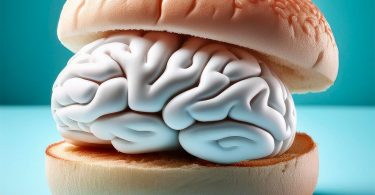Burnout leads to an increase in metabolic syndromes and, uncontrollably, to an acceleration of aging.
Several studies show that burnout, or exhaustion syndrome, significantly leads to an increase in cases of metabolic syndromes.
A study conducted in Taiwan among nursing groups showed that among different markers of metabolic syndrome, a high level of glycated hemoglobin (Hba1c) was significantly associated with nurse burnout (1).
Other studies confirm the correlation between level of emotional exhaustion and levels of glycated hemoglobin (2).
Knowing that the metabolic syndrome leads to an acceleration of the general functional decline and an increase in diseases linked to aging, burnout is a good illustration of its name, literally being consumed.
© Age Breaker 10 2021
[AGE BREAKER METABOLISM, patented nutritional supplement, based on rosmarinic acid, recognized by aging specialists around the world for its properties to reverse the effects of glycation.] [Glycation is one of the major causes of aging. Resulting from the fixation of sugars on the proteins constituting the organism, glycation generates toxic compounds that cause cellular aging. Glycation is particularly involved in metabolic disorders, skin aging and cognitive decline.]More on www.agebreaker.com
#agebreaker #glycation
(1): Meng-Ting Tsou et Al. Burnout and metabolic syndrome among different departments of medical centre nurses in Taiwan-Cross-sectional study and biomarker research. J Occup Health. 2021 Jan-Dec; 63(1): e12188. Published online 2021 Jan 19. Doi: 10.1002/1348-9585.12188
(2): T. I. Deneva et Al. Evaluation of Anxiety, Depression, and Biological Markers in Health Professionals with Burnout. Folia Med (Plovdiv). 2021 Feb 28;63(1):122-128. Doi: 10.3897/folmed.63.e55151.
Photo nicholaslevesque









